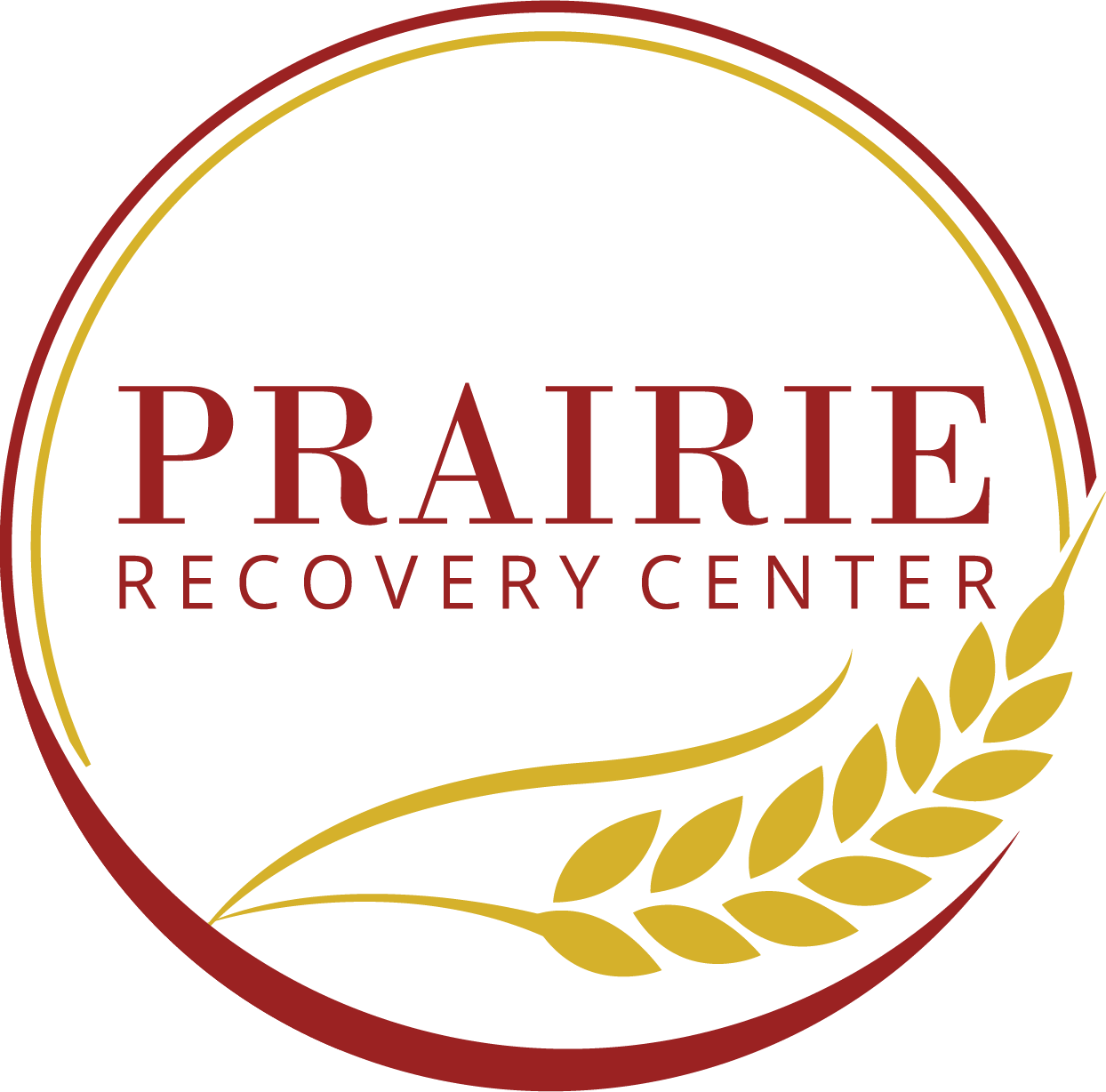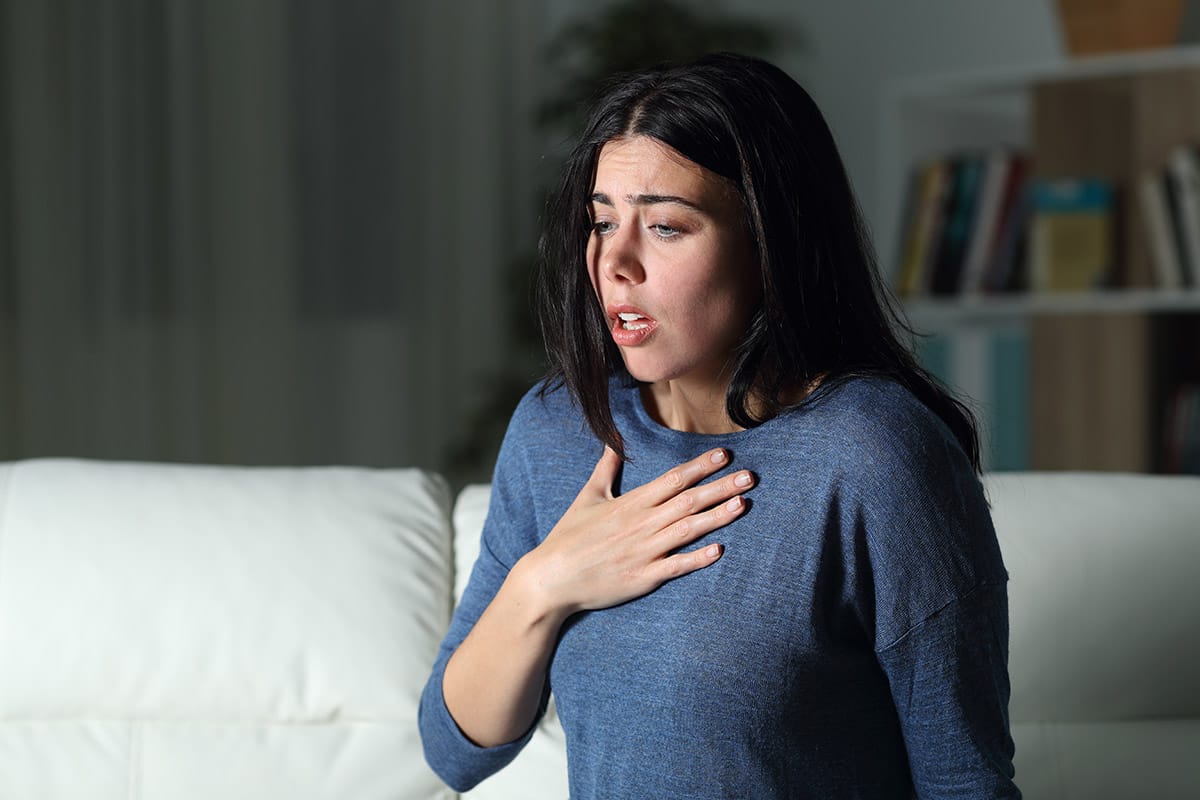Anxiety is a normal emotion that everyone experiences at some point in their life. However, when anxiety becomes excessive, it can interfere with daily activities and negatively impact one’s quality of life. Recognizing the signs of anxiety is the first step in getting treatment.
At Prairie Recovery, our experienced team of professionals will work with you to develop a personalized anxiety treatment plan that meets your needs. Call [Direct] today and learn more.
What Is Anxiety?
Anxiety is a feeling of worry, nervousness, or fear that can range from mild to severe. These emotions are normal in response to stressful or dangerous situations. For most people, anxiety is short-lived and goes away once the stressful situation has passed.
However, when anxiety is constant and occurs in response to everyday situations, it may be indicative of an anxiety disorder. For some, anxiety can become chronic, lasting for months or even years. When anxiety is chronic, it can interfere with daily activities and negatively impact one’s quality of life.
What Are the Signs and Symptoms of Anxiety?
Anxiety disorders are the most common mental health disorder in the United States, affecting 40 million adults. Despite its prevalence, only 36.9% of people with anxiety disorders receive treatment. One of the reasons why people with anxiety disorders don’t get treatment is that they don’t know they have it.
Anxiety disorders can be difficult to diagnose because the symptoms can vary from person to person. Some people with anxiety disorders may only experience mild symptoms, while others may experience debilitating anxiety symptoms that make it difficult to function in day-to-day life.
It’s important to learn the symptoms and signs of anxiety so you can get the help you need.
Signs of Anxiety
Life can be full of anxious moments. From work deadlines to family obligations, it’s normal to feel overwhelmed from time to time. But when anxiety starts to interfere with your daily life, it may be time to recognize the signs. There are a variety of psychological and behavioral signs of anxiety that include:
Psychological Signs:
- Feeling restless or on edge
- Feeling easily fatigued
- Difficulty concentrating
- Irritability
- Feeling tense or jumpy
- Sleep disturbance
Behavioral Signs:
- Avoidance of situations that trigger anxiety
- Excessive worry
- Compulsive behaviors
If you are experiencing any of these signs, it’s important to seek professional help. Prairie Recovery is a leading rehabilitation and treatment center that specializes in helping people overcome anxiety and other mental health disorders.
Symptoms of Anxiety
There are a variety of signs and symptoms of anxiety. Some people with anxiety disorders may only experience a few of these symptoms, while others may experience many. The severity of the symptoms can also vary from person to person.
The most common symptoms of anxiety disorders include:
- Feeling nervous, restless, or tense
- Having a sense of impending danger, panic, or doom
- Having an increased heart rate
- Breathing rapidly (hyperventilation)
- Sweating
- Trembling
- Feeling weak or tired
- Experiencing gastrointestinal (GI) problems
Anxiety disorders are treatable, and there are many effective treatments available. At Prairie Recovery, we understand how anxiety can impact every aspect of your life. We offer a variety of anxiety treatment options that are designed to help you manage your symptoms and live a happier, more productive life.
Discover Treatment for Anxiety Symptoms at Prairie Recovery
Life is full of challenges and hardships. Sometimes, we face them with ease and grace. Other times, they can feel insurmountable. When faced with the latter, it’s important to seek out professional help.
Cognitive-behavioral therapy (CBT) is the most common type of therapy used to treat anxiety disorders. CBT is a type of therapy that helps you identify and change negative thinking patterns and behaviors that contribute to anxiety.
Contact us today at [Direct] or by filling out our online form to learn more about our anxiety treatment program and to schedule a consultation with one of our experienced providers.

